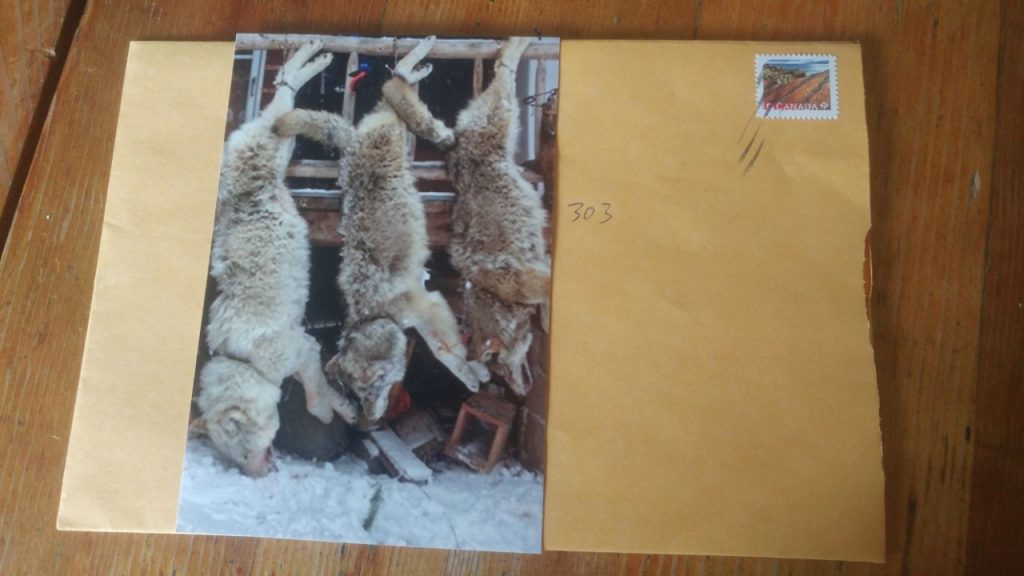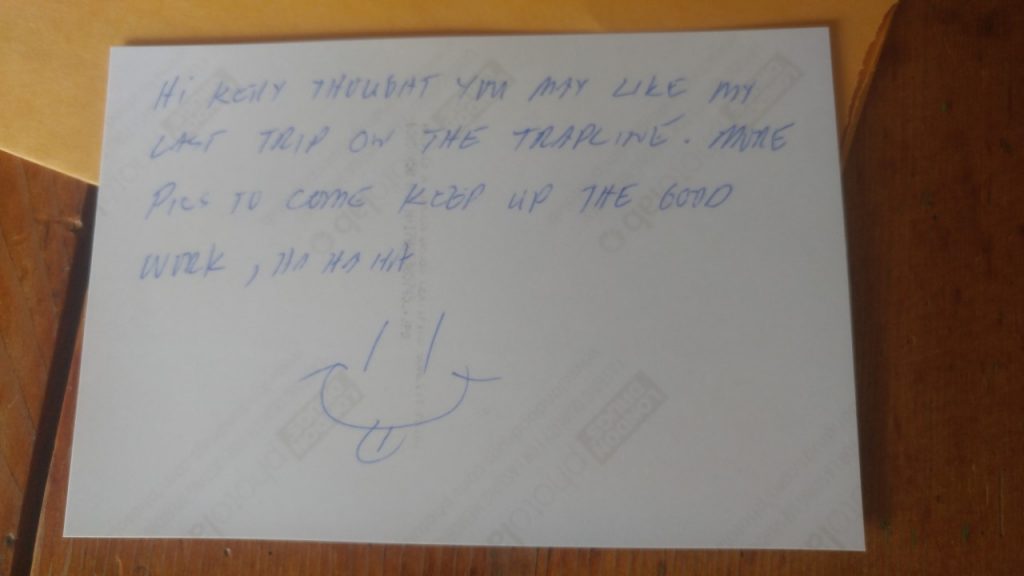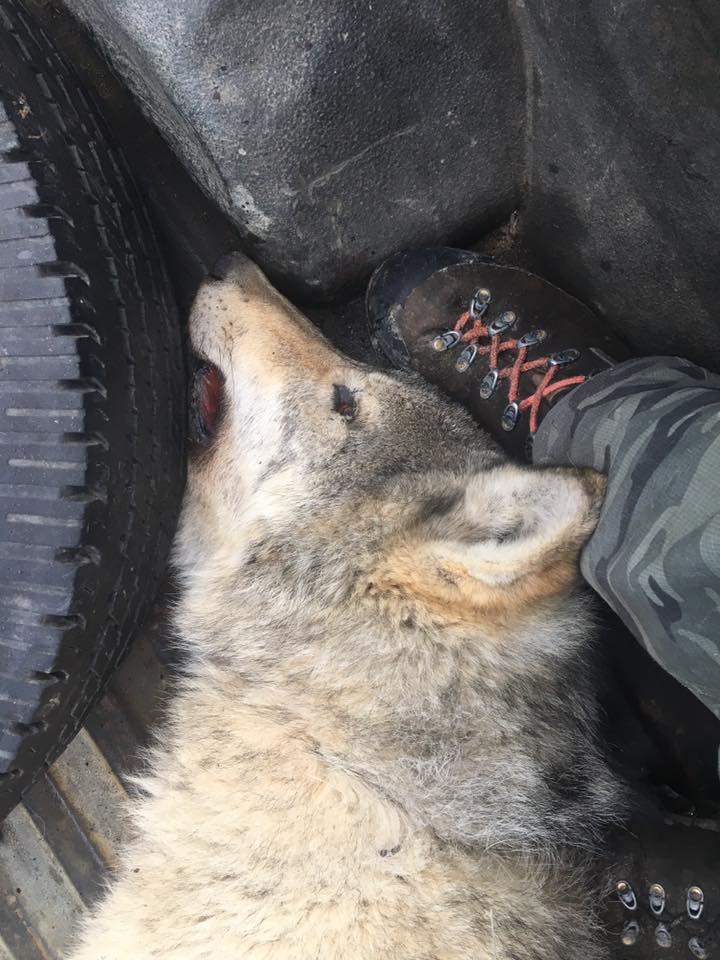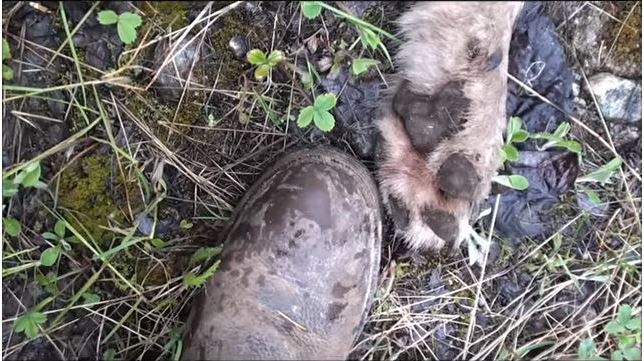Temper tantrums and bad behaviour steer wildlife management in British Columbia.
In February 2018 my friend and colleague Jordan Reichert posted my Victoria Animal News story “A One-Man Bounty on Wolves in BC,” to his Victoria Animal News blog. In that article I revealed a plan by a BC hunter, Steve Isdahl, to cull wolves across our province. Not just a few wolves, but as many as he could incite fellow hunters to kill in all eight hunting Regions.
Upset that his plan was made public, Steve Isdahl took to social media to say “If you have in any way attacked a person concerned for our wildlife you are about to be humiliated up one end of you and out the other – easily.”
What that meant for the only male “anti” that he could identify was online derision.

He had something else in mind for me, and for a fellow female advocate who had written an article in support of changes to wildlife management that was published by the Vancouver Sun. Something more personal, and I’m very sure he hoped, more “threatening” than an online post.
This photo arrived in the mail at my home with no return address. My colleague received the same photo at her place of work, also with no return address.


I believe it was expected that I would tuck tail and stay silent when I received that photo. Women, after all, should know their place. So should wolves. Was the lack of a return address meant to confuse me about who sent it? The effusive use of smiley faces on social media carries over into hard copy however. I have no reason to believe my assumption is incorrect.
On August 28, 2018 Isdahl posted to social media that he was going to make “antis” too scared to oppose him.

In a video uploaded to Youtube on July 18, 2018 he called “Predator Explosion” Isdahl advises hunters that cougars, black bears, grizzlies, coyotes, lynx and bobcats are all competition to the game they’re after, stating that they “must take those predators out when you get the chance.”

British Columbia’s wildlife deserve a management strategy that will include science and conservation that considers trophic cascades and social structures, not the emotional knee-jerk reaction by sport hunters that is currently in place. They deserve a management strategy that will respect predators and prey species for their vital contributions to sensitive environments, and will give them all the space they need to recover their own equilibrium from the toxic bombardment of industry and hunting pressures.
There is more to the story of predator culls in BC than individuals throwing temper tantrums, however. Last month news broke that the provincial government has expanded hunting of bighorn sheep, a species of concern, in the Cariboo at the same time they have contracted a cull of wolves and coyotes in the neighbouring region.
How can citizens make decisions on wildlife populations and take control of them? The Ministries responsible for BC wildlife are still hunter-centric in both policy and operations. Who is responsible for regulations and changes to them, such as extended hunting seasons? It’s difficult to be in doubt that the fox is guarding the henhouse when regulations regarding chasing cougars with hounds for the exercise of dogs is expanded. With the current attitude towards wildlife any hunter with an ax to grind about any predator can set a snare or a leghold trap anywhere – and they are.



Recent Comments